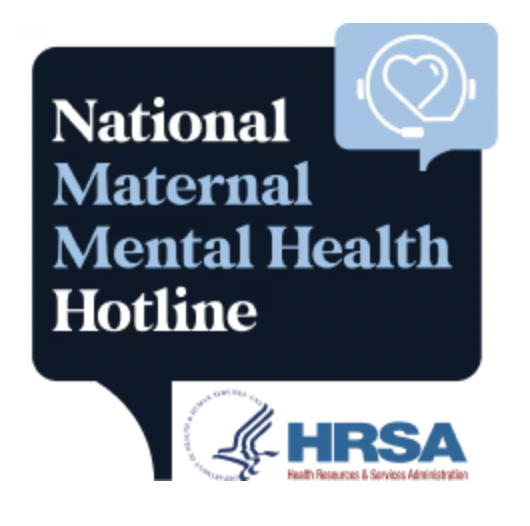Throughout history, the mental health and well-being of women across the globe has been intertwined with societal and systemic challenges. Due to this, women have grappled with unique mental health struggles that are often overlooked. For example, a lack of adequate access to mental health resources, adverse effects, and increased health risks. Today, women are three times more likely to experience some form of mental illness when compared to men. Not only that, a cross-national survey from the World Health Organization (WHO) found that, across the globe, women were seen to have higher rates of mood disorders like anxiety and depression than men. These staggering statistics showcase the glaring disparity in mental health between men and women. However, amidst these challenges, women like Bell Hooks, Carol Gilligan, and Priscilla Mpasi made significant strides in understanding and addressing women’s mental health within their communities and across others.
Bell Hooks, a prominent feminist sociologist, introduced the Theory of Intersectionality as a framework for understanding the complex network of interactions between women and their social environment. This theory connected the nature of social identities and power dynamics present in American society. Particularly, she highlighted the intersectionality between race, gender, class, and more and how women can experience multiple simultaneously in many different ways. By acknowledging the interconnectedness of women’s experiences, Bell Hooks provided a nuanced understanding of the psychological well-being of women, allowing for more informed methods of mental health care for women.
Similarly, Carol Gilligan, a prominent psychologist and feminist theorist, made significant contributions to the fields of women’s psychology and feminism. Most notably, her work “In a Different Voice,” explored how women often approach moral dilemmas with care and empathetic ethics, differing significantly from the justice-oriented approach more commonly associated with men. This theory created a deeper understanding of women’s psychology by highlighting women’s experiences and voices.
Along with these trailblazing women, other scholars like Dr. Priscilla Mpasi, a clinical psychologist most famous for her research on perinatal mental health disparities among minorities and particularly African American women, the conversation of women’s mental health, disparities, and ethics grows.
DCHC has been, and continues to be, a beacon of light in this regard within the behavioral health world. DCHC strives to bridge health care gaps in the Metro New Orleans area by providing comprehensive services in a culturally aware and empathetic environment. For instance, DePaul’s Maternal Health and Infant Equity Education Program has been a crucial initiative addressing the debilitating issue of postpartum depression in men and women, as well as many other vital issues within the maternal health field.
For more information on DePaul’s behavioral health services, please click here or call a DCHC Catalyst Infant Equity Program staff member at (504) 482-2080.
Infant care... Just for you.











